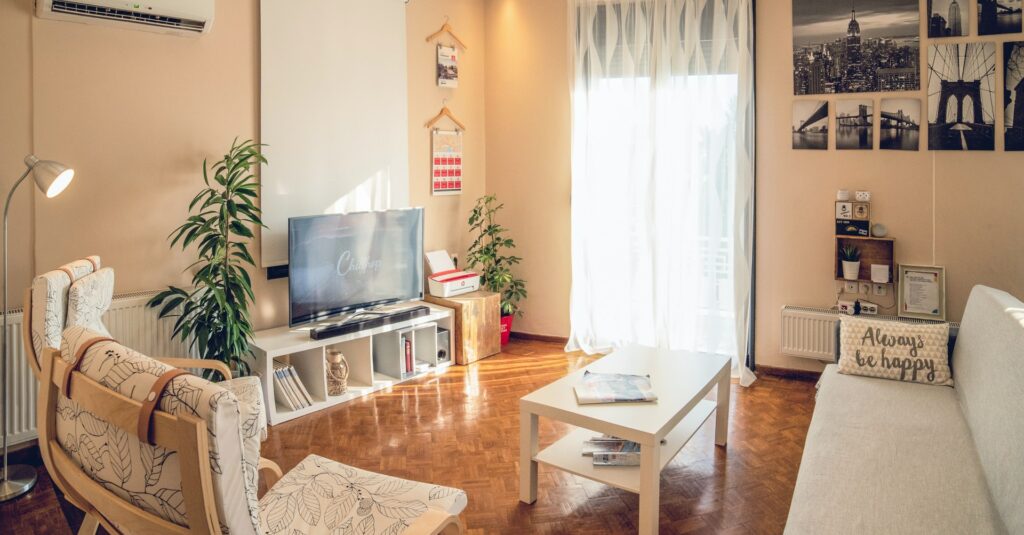The Future of Industry Consolidation in the Short-term Rental Ecosystem

By Amiad Soto, CEO at Guesty
While the entire world and hospitality industry has been rocked by COVID-19, travel isn’t slowing down. One and a half years into navigating the pandemic, pent-up demand to travel, along with continued access to vaccines, has resulted in consumer attitudes shifting back to vacationing, whether for quick holidays, weekend escapes or longer-term remote work stays.
And our data is proof: Christmas bookings in the UK are up 433 per cent compared to where the holiday’s reservation volume sat at this time last year. Prices are also up, with 2021 Christmas average nightly rates 102 per cent higher than 2020 and 47 per cent higher than 2019.
With alternative accommodation the leading choice for those looking to avoid crowded areas associated with traditional hotel stays, holiday rental bookings aren’t slowing down. This makes the short-term rental ecosystem ripe for consolidation; here’s my outlook on what’s coming.
Why consolidation is the way forward
The massive expansion of the short-term rental industry has produced greater consumer expectations from guests, and in turn, increased the workload for property managers and vacation rental owners. The number of products and tech solutions needed to maintain a thriving business is growing and therefore, software companies in this space must offer full-service offerings to meet the demand. To achieve this in the alternative accommodation industry, you need a substantial amount of resources to keep up, and the only way for the quality of products to rise is through consolidation.
Though I don’t believe this is a winner-takes-all market, when it comes to software, for example, having several smaller players hinders the ability to bring standardisation to the space. It’s also a headache for users to work with several different providers that offer one stand-alone service or capability, resulting in the need to jump from platform to platform.
For example, channel integration is one of the most important aspects of managing short-term rentals, and long gone are the days of connecting calendars via iCal. All major OTAs continue to add additional capabilities to their APIs and adjusting to those capabilities to offer a top-notch user experience is a great deal of work. When you add in additional business needs such as accounting, analytics, owner relations, payments, revenue management and more, it requires a full standalone product build and substantial amount of capital and investment.
This is why we advise brands to consistently grow their R&D teams. A property management software that boasts many tools is appealing for hosts. As such, users have access to a larger team working on the next generation of products, services and technologies to power their growth, boost their revenue and scale their businesses.
We should also cater to those we weren’t previously serving—such as hosts just starting out with rental business as a side gig. And we won’t stop there—we need to continue to push for more consolidation of the industry with future acquisitions and product offerings.
But it’s not just about software.
Consolidation will result in the standardisation of short-term hospitality brands
Alternative accommodation hospitality brands—think Mint House, Vacasa and Sonder—are cashing in on their appeal to the traveller personas that have emerged from the pandemic. And their success shows.
Sonder confirmed it’s going public in a major $2.2 billion SPAC [special purpose acquisition company] merger deal and Vacasa will go public as well in a $4.5 billion SPAC following the company’s recent acquisition of TurnKey, which boasts rentals in 80 destinations across the US. These players continue to expand their footprints by snapping up smaller hospitality brands while also introducing more technology and automation to their daily operations.
As a result, we can expect more property management companies raising capital to acquire more inventory to meet consumer demand. What we can also expect from their consolidation efforts is a focus on aligning their style, aesthetic and brand guidelines across locations. Design and amenities must align across each market and property to create a cohesive brand.
New age digital nomads, longer-stay business and leisure travellers now expect familiarity, flexibility, comfort and consistent service and amenities in the same way that more traditional travellers know what to expect from legacy brands such as Hilton and Marriott. A prime example to learn from is Mint House’s ‘Mint Pass’ programme, which allows guests to hop from location to location with perks and comfortable ‘working from home’ [WFH] setups. And Sentral launched its flexible living offering Home+ to combine the comforts of home with the adventure of travel, so guests can live, earn, work and travel simultaneously.
The industry’s consolidation will act as a catalyst to an increased emphasis on brand building which in turn, will result in hospitality megabrands seeking to boost their direct booking numbers.
Short-term rentals are primed to meet today’s traveller demands
Demand is at an all-time high and supply has not yet caught up; the case in point is Airbnb’s Brian Chesky noting that the platform would need millions of additional hosts to meet the booming desire to book rentals.
In the year ahead, it will be the tech and hospitality brands who smartly consolidate the market, as well as pivot and adapt quickly to changing consumer expectations, that will come out on top.
One thing is for sure: the short-term rental ecosystem will be a lucrative space for both large, enterprise property management companies, along with independent, smaller hosts and homeowners as they continue to meet the new demands of today’s consumer.






Responses